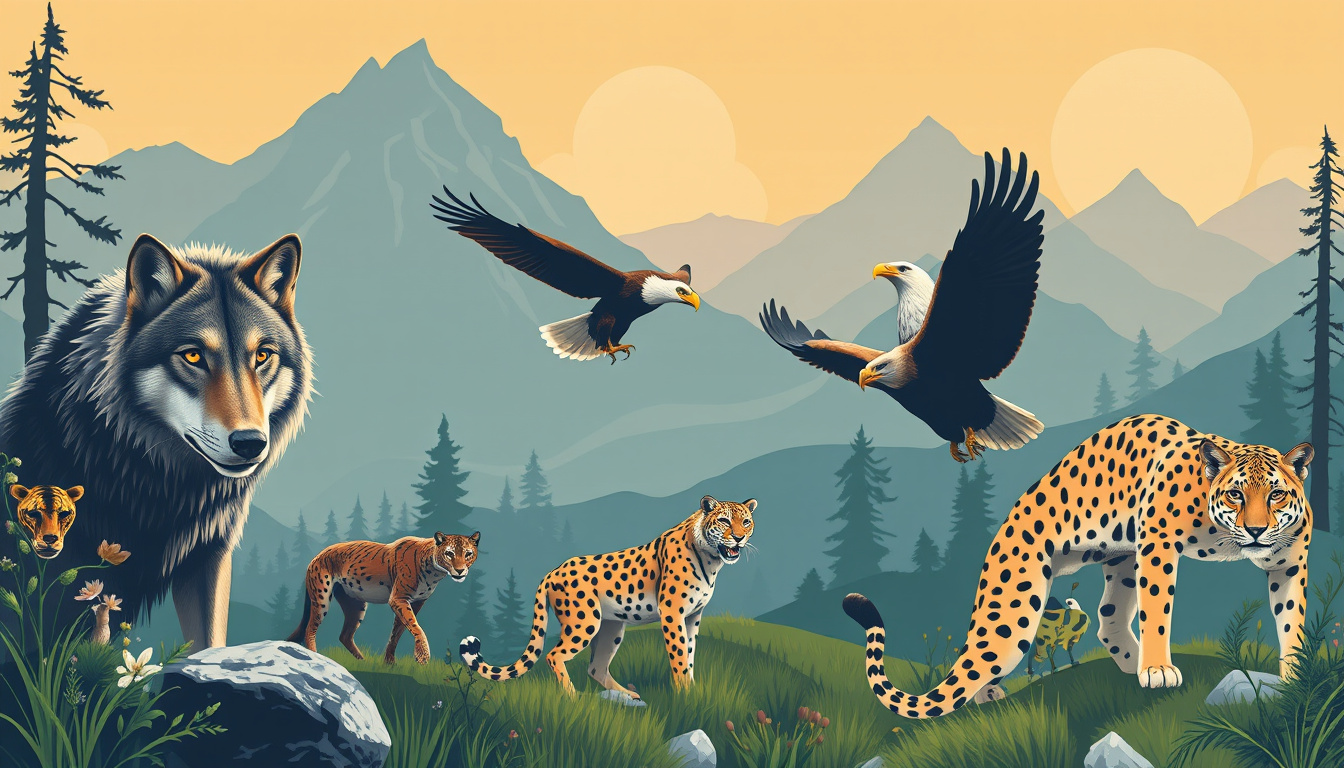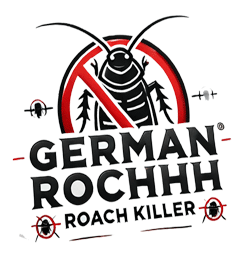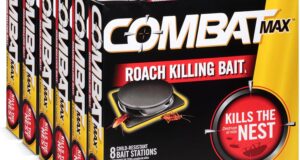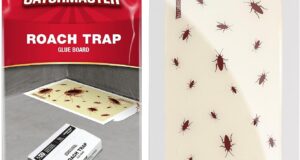
When we think about wildlife, many picture a strong hunter such as a lion chasing its meal or a hawk flying above. Their keen eyes and firm steps give us a clear image. Natural predators do more than hold our gaze; they keep nature in balance so that life can grow.
What Are Natural Predators?
Predators are animals that hunt and eat other creatures. Hunting is not just a way to live—it is how nature stays healthy. We can see different types:
- Primary Predators: Big hunters at the top of the food chain like wolves, eagles, and sharks.
- Mesopredators: Medium-sized hunters such as foxes and raccoons that keep the numbers of small prey low.
- Top Predators: Animals that guide the behavior of many other species but may not be the largest in every place.
The Role of Natural Predators in Ecosystems
- Population Control: Predators help limit other species. Without their watchful eye, deer, rabbits, or fish can multiply fast. This rise can harm places where they live by using up food and space.
- Biodiversity Maintenance: By picking the weak, predators keep the mix of life balanced. A balanced mix gives every species a strong chance against sickness or change.
- Trophic Cascades: A change at the top of the food chain can flow down to other levels. For instance, when wolves came back to Yellowstone, the number of elk went down. In turn, trees like willow and aspen grew more, which gave homes to many animals.
- Nutrient Cycling: When predators eat their prey, they help spread good soil. What they leave behind adds to the earth and helps plants grow, which in turn supports more creatures.
The Impact of Losing Natural Predators
People change habitats, hunt too much, and spread waste, which cuts down predator numbers. When hunters vanish, nature loses its balance, invasive creatures grow unchecked, and the variety of life falls. For example, in some waters, when the top hunters are gone, small fish grow too many and harm the reefs.
Conservation Efforts
Knowing how these animals work encourages many steps to save them. Efforts such as wildlife corridors, fixing broken habitats, and laws for endangered species all help to keep nature balanced. Sharing how predators work helps us see the mix of life.
How You Can Help
You do not need to be a scientist to help these animals. Here are some steps:
- Learn and Share: Know why hunters matter and talk about it with others.
- Back Wildlife Groups: Think about giving time or funds to groups that protect wildlife.
- Choose a Green Life: Lower your impact by cutting back on carbon, reducing plastic use, and supporting local projects.
Conclusion
Predators guard the balance of nature. They do more than hunt; they shape life, keep a mix of species, and help our Earth stay healthy. By seeing their role and working to protect them, we can help these keepers of nature thrive for many years.
Actions that care for nature and choose green ways help keep the close ties that let life grow on our Earth, showing how all living things join together in a delicate chain.




